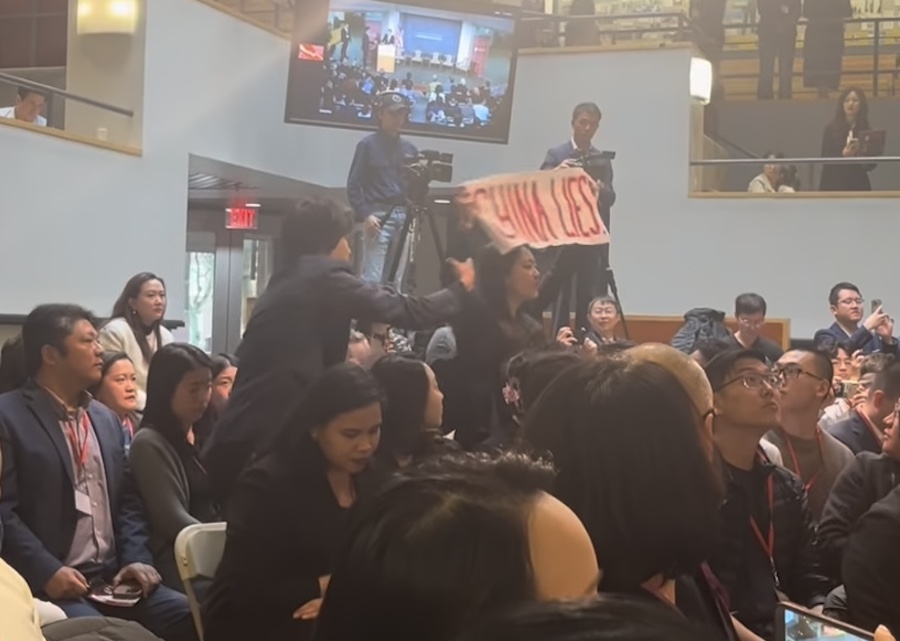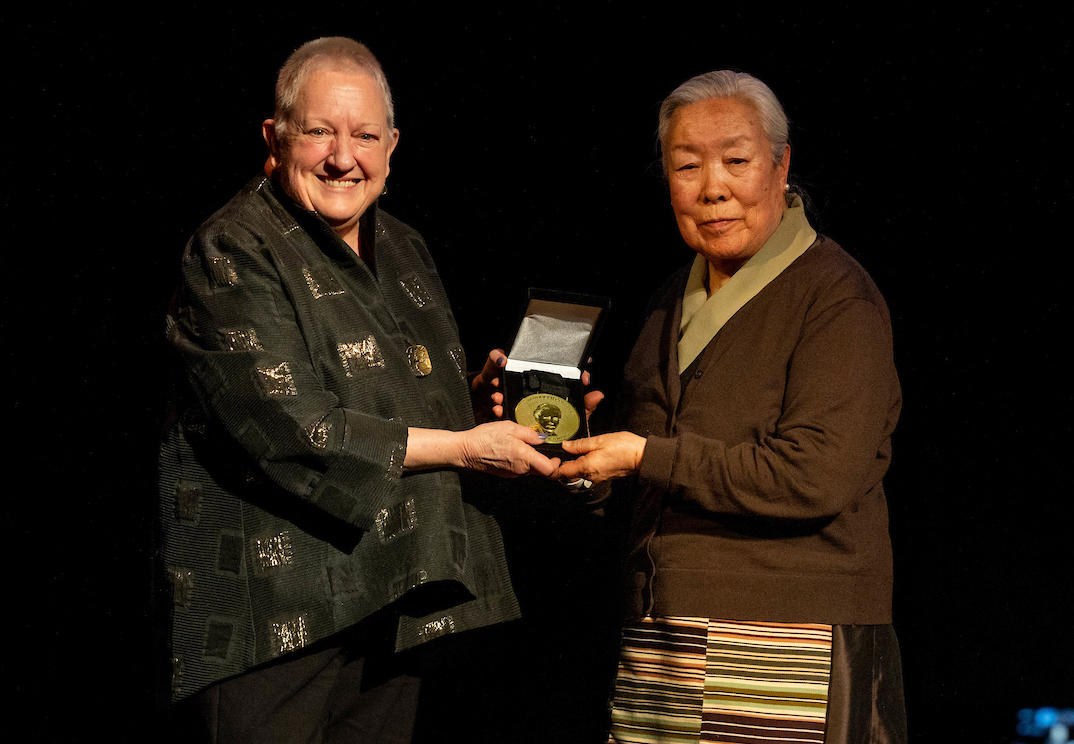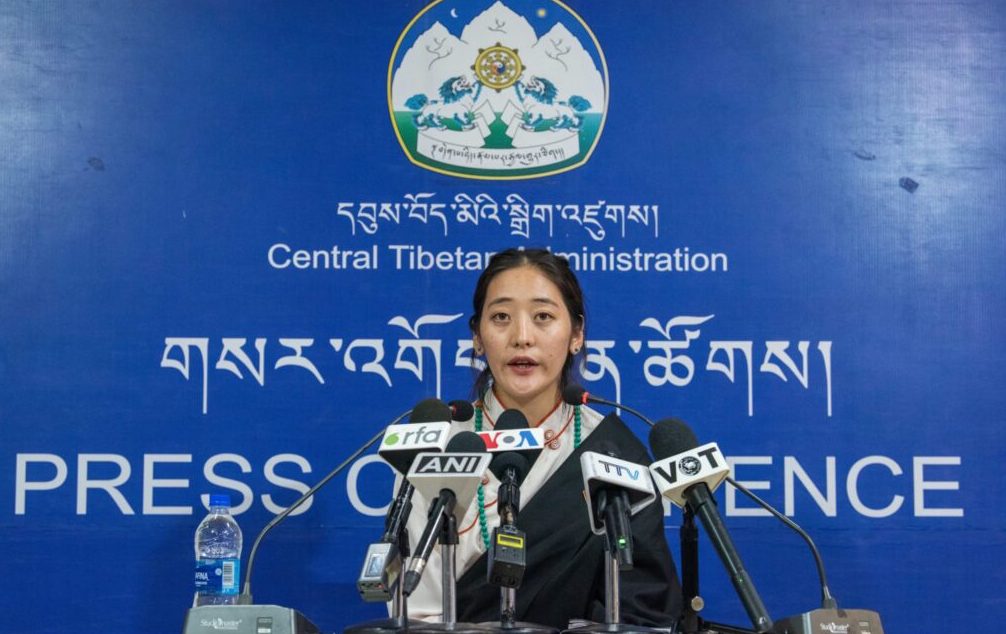Item 9: Question of Human Rights and Fundamental Freedoms Oral statement by Mr. Ngawang CHOEPHEL, Society for Threatened Peoples
Thank you, Mr. Chairman,
I am making this statement on behalf of the Society for Threatened Peoples.
Many statements at this session of the Commission, including by the honourable Foreign Ministers of Timor-Leste, Germany and Sweden referred to human rights situation in Tibet. Timor-Leste, Germany and the European Union, in particular, noted the positive development with reference to the September 2002 visit to Tibet and China by Envoys of His Holiness the Dalai Lama at the invitation of the People’s Republic of China (PRC). This development on Tibet requires the attention of this Commission.
The Tibetan delegation in an official statement on 28 September spoke about two tasks for their visit: “First, to re-establish direct contact with the leadership in Beijing and to create a conducive atmosphere enabling direct face-to-face meetings on a regular basis in future. Secondly, to explain His Holiness the Dalai Lama’s Middle Way Approach towards resolving the issue of Tibet”
Our organisation remains deeply concerned about the human rights violations in Tibet, nevertheless, we commend the Chinese authorities for having received a high-level Tibetan delegation. We take particular interest in this development because it renewed direct contact between the two sides since official communications collapsed in 1993. We also welcome that the Chinese authorities recently allowed Ngawang Sangdrol, a well-known female political prisoners of Tibet, to travel to the United States for urgent medical attention.
Mr. Chairman, reacting to the visit of the Tibetan delegation to China and Tibet, Prof. Samdhong Rinpoche, the first democratically elected head of the Tibetan Government in Exile said last month that “from now to some time around June 2003, we will make positive gestures in order to create a conducive atmosphere for dialogue with the Chinese leadership.”
Countless statements have been made in this Commission about the importance of dialogue (bi-lateral or multi-lateral) to resolve differences over human rights or human conflicts. In reality, some use quiet diplomacy to send the message across, adopting resolutions is another tool employed while military intervention is the most unfortunate method developed. Each party believes that its approach will produce the desired results to end human rights violations or human misery.
With regard to the Tibetan Issue, the Dalai Lama has been seeking a solution through a “Middle Way Approach”, a framework that does not call for independence and separation of Tibet from the PRC. On 10 March this year, the Dalai Lama said his position “will contribute to the overall stability and unity of the People’s Republic of China. I remain committed to this realistic and pragmatic approach and will continue to make every effort to reach a mutually acceptable solution.”
Mr. Chairman, the Tibetans who are engaged in one of the longest non-violent freedom struggles of our times under the leadership of the Dalai Lama, urgently require the support from the international community, including from this Commission. The world must see that the renewed contact between Dharamsala (headquarters of the Tibetan Government in Exile) and Beijing leads to earnest negotiations on the future political status of Tibet. Supporting such an objective would mean adhering to the real significance of “dialogue” and we hope the international community will grasp upon the current opportunity to help end the suffering of the Tibetan people.
I thank you. 3 April 2003









